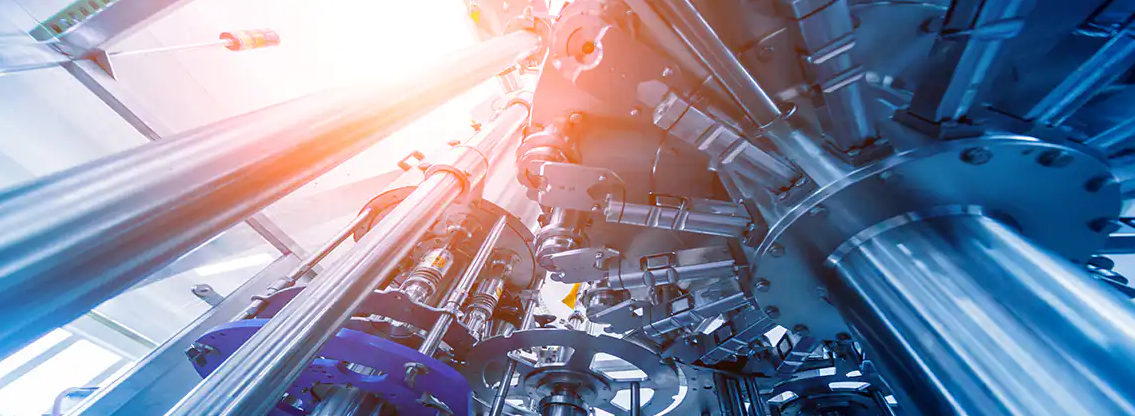Hot chamber die casting is a widely used manufacturing process for producing metal parts with excellent precision and surface finish. It is especially suitable for producing small to medium-sized parts with intricate designs. In this article, we will explore the process of hot chamber die casting and discuss its advantages.
The hot chamber die casting process involves the use of a metal casting machine, which consists of two main components: the furnace and the die. The furnace is connected to the die by a metal feed system, which allows the molten metal to flow into the die cavity. The die is a steel mold that is specially designed to produce the desired shape of the part.
The first step in the hot chamber die casting process is to melt the metal. The furnace is filled with the metal alloy, which is heated to its melting point. Once the metal is melted, it forms a pool of molten metal in the furnace. The temperature of the molten metal is carefully controlled to ensure consistency and quality in the casting process.
Next, a piston is used to inject the molten metal into the die cavity. The piston is connected to the furnace, allowing the molten metal to be forced into the die under high pressure. The pressure helps to fill the entire cavity and ensures that the final part has a uniform density and minimal porosity.
After the molten metal is injected into the die, it is left to cool and solidify. The cooling process is crucial as it determines the final properties of the part. Once the part has cooled down, the die is opened, and the solidified part is ejected from the die cavity. The part may undergo additional processes, such as trimming or machining, to achieve the desired dimensions and surface finish.

Hot chamber die casting offers several advantages over other manufacturing processes. One of the key advantages is its high production efficiency. The process allows for rapid production rates, as multiple parts can be produced in a single cycle. This makes hot chamber die casting particularly suitable for large-scale production runs.
Furthermore, hot chamber die casting offers excellent dimensional accuracy and surface finish. The steel dies used in the process are precisely machined to produce parts with tight tolerances. This ensures that the final parts have consistent dimensions and can be easily assembled or integrated into larger assemblies. The surface finish of hot chamber die cast parts is also typically very smooth, requiring minimal post-processing.
Another advantage of hot chamber die casting is its ability to produce complex and intricate designs. The high pressure used in the process enables the molten metal to fill even the smallest details of the die cavity. This means that parts with intricate features, such as thin walls or fine details, can be accurately reproduced with hot chamber die casting.

Hot chamber die casting is also suitable for a wide range of metals and alloys. Commonly used metals include zinc, magnesium, and aluminum. Each metal has its unique properties, allowing for the production of parts with specific characteristics, such as high strength or corrosion resistance. The versatility of hot chamber die casting makes it a preferred choice for a variety of industries, including automotive, aerospace, and electronics.
In conclusion, hot chamber die casting is a highly efficient and versatile manufacturing process for producing metal parts. Its ability to produce parts with excellent precision, surface finish, and complex designs makes it a preferred choice in various industries. With its numerous advantages, hot chamber die casting continues to play a significant role in the production of high-quality metal parts.
-

- Laptopgehäuseabdeckung C
-

- OEM-Rahmen aus Hochdruckguss-Magnesiumlegierung für Fahrräder
-

- Thixomolding-Helm aus Mangansium-Druckguss
-

- OEM-Rad aus Hochdruckguss-Magnesiumlegierung für E-Bikes
-

- Druckgussgehäuse aus Magnesiumlegierung für Autoteile
-

- Hochpräzise Magnesium-Thixomolding-Komponenten UAV-Abdeckung

 0086-750-5616188
0086-750-5616188 +86 13392089688
+86 13392089688 sales@zhongmei-tech.com
sales@zhongmei-tech.com







